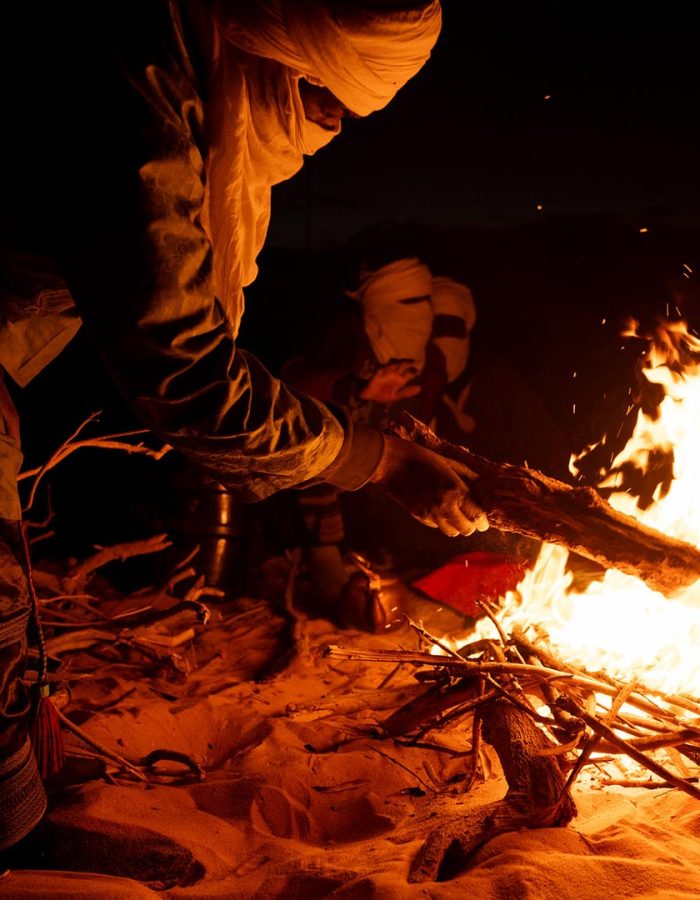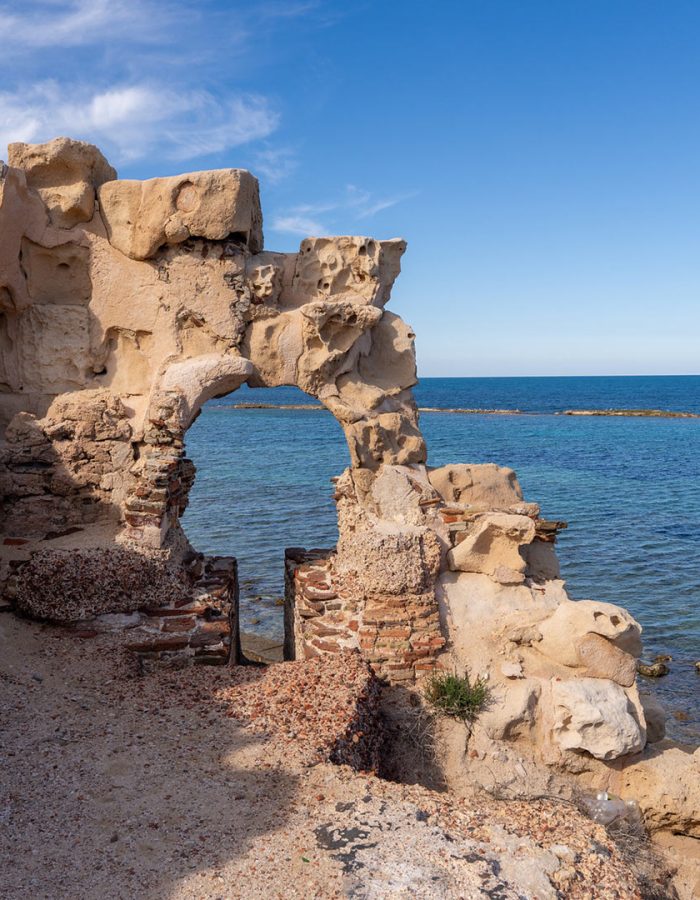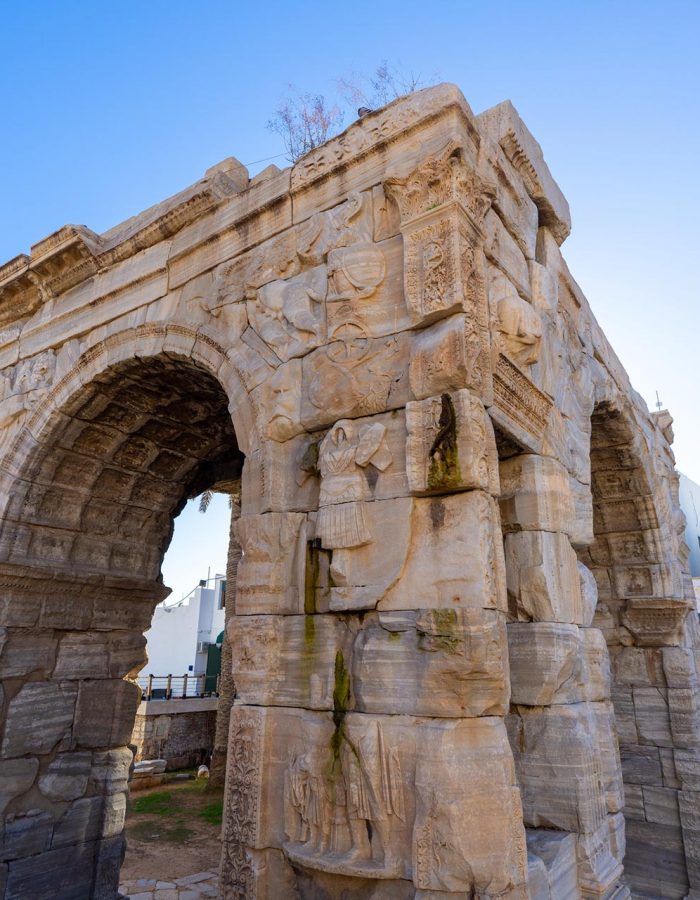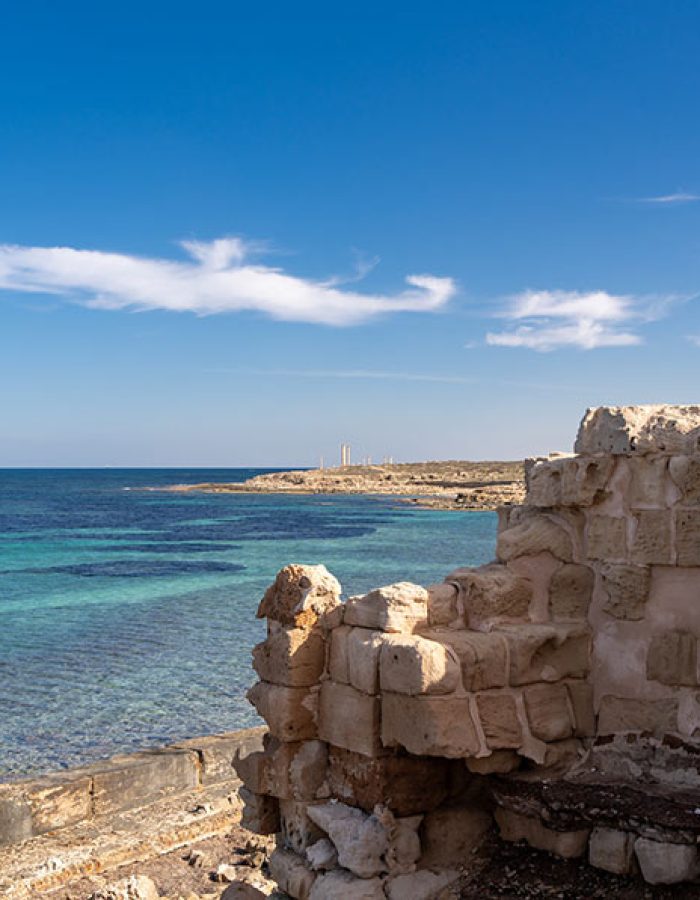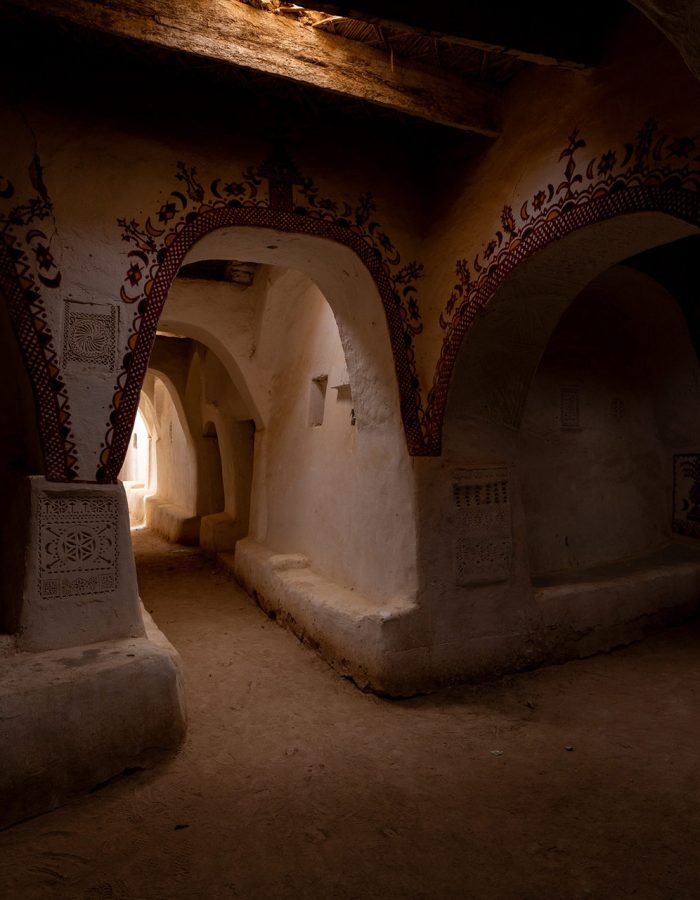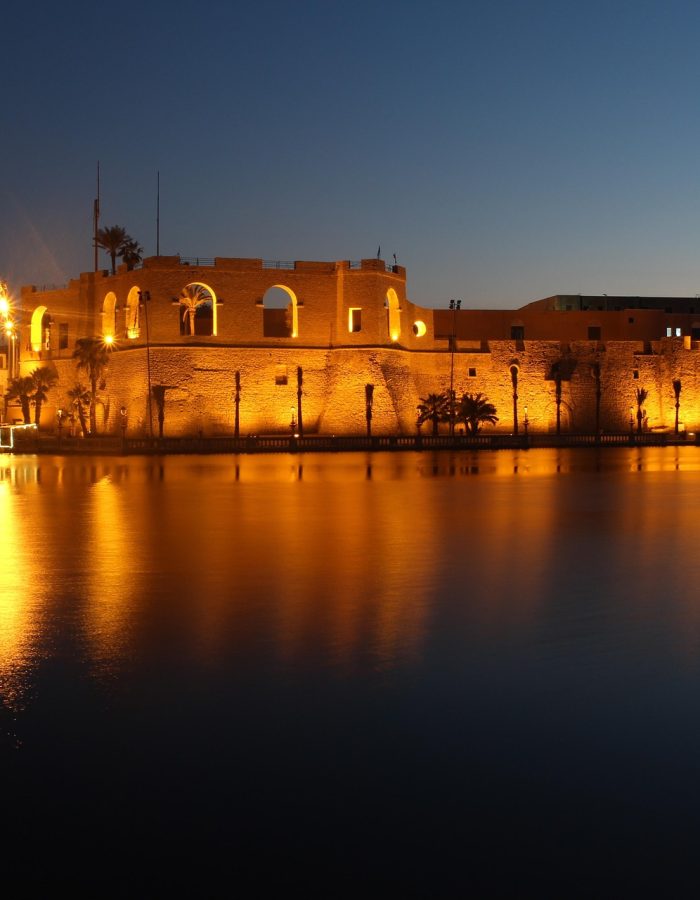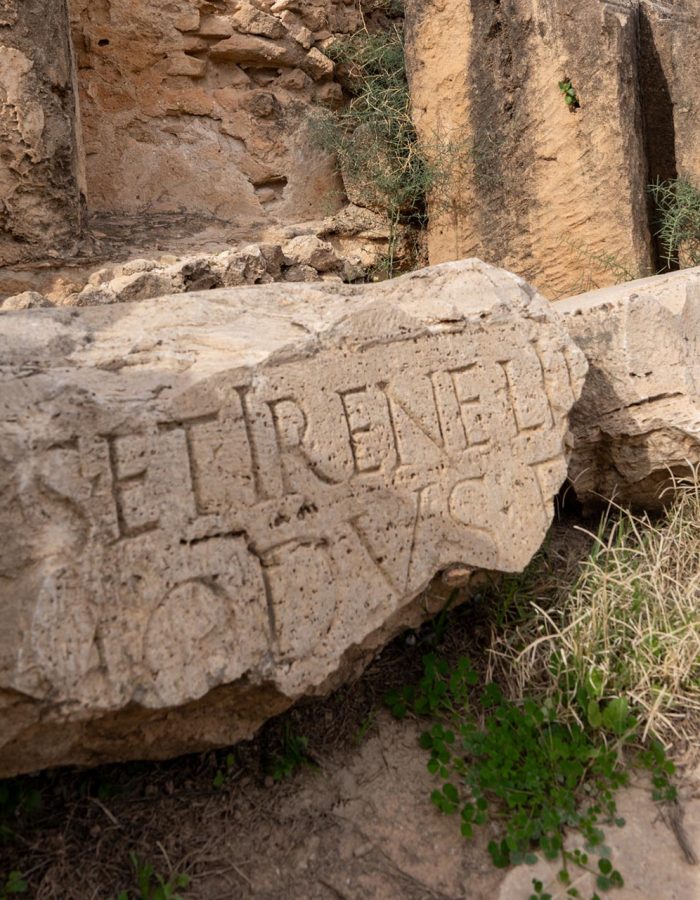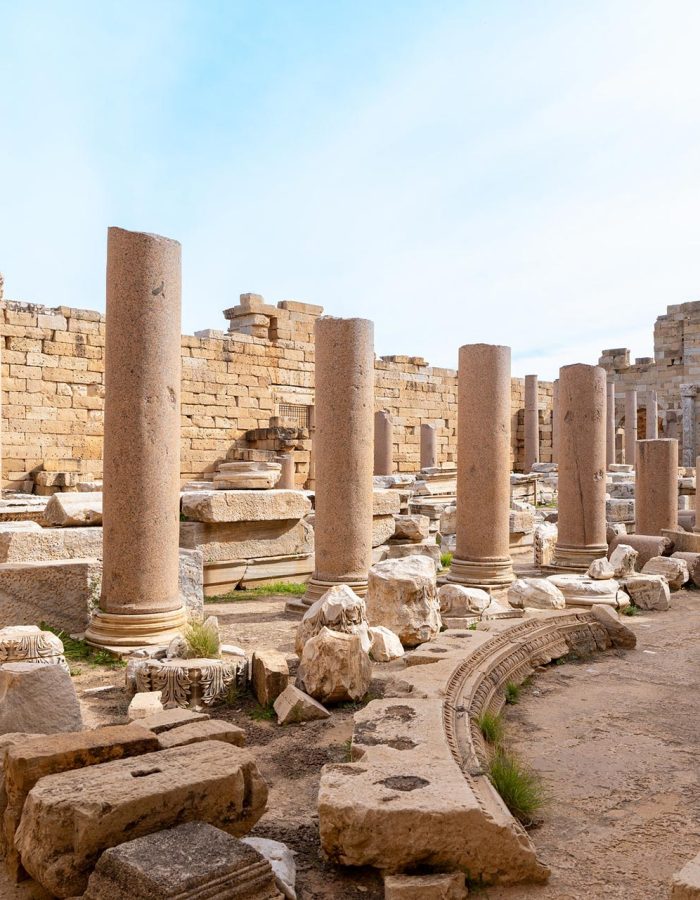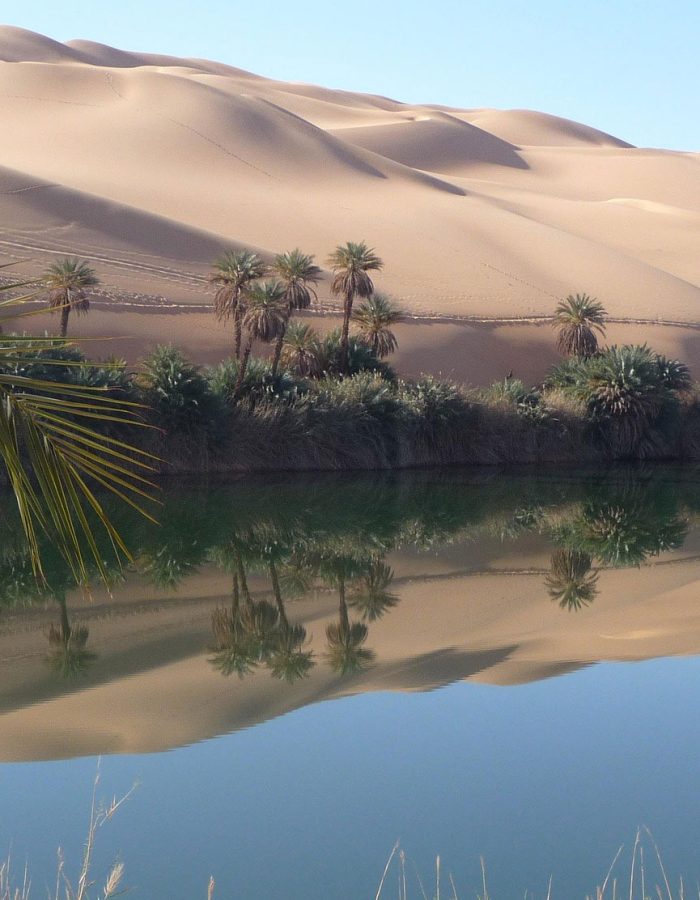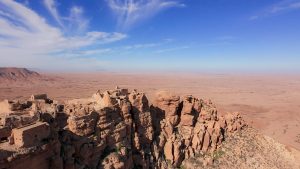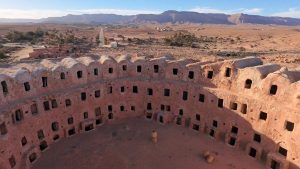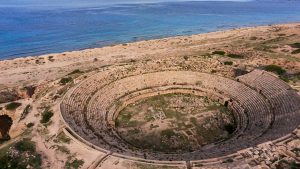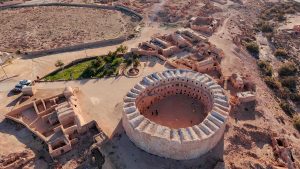Along the warm, uncharted edge of the Mediterranean, Libya private tours reveal an underwater world few have seen. From sunken World War II wrecks to vibrant reefs and ancient submerged cities, this vast, largely unexplored coastline offers divers something truly rare—a frontier. Welcome to Libya: where you can descend through blue water and brush past history.
Diving Regions: From Continental Shelf to Cliffside Coves
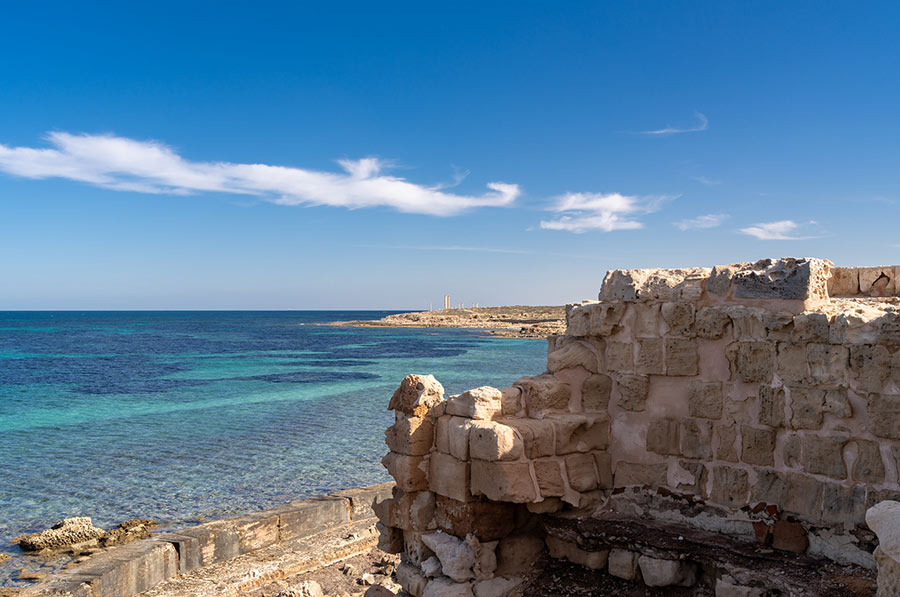
Libya’s 1,770 km of coastline is a patchwork of dive environments. West of Tripoli, sandy bays and seagrass beds offer relaxed shore dives and beginner-friendly reefs. In contrast, the eastern Cyrenaica coast near Benghazi and Derna features deep drop-offs, limestone cliffs, and clearer waters ideal for experienced divers. Remote areas like the Gulf of Sidra offer bath-warm summer temperatures and untapped potential. With few tourists and little infrastructure, Libya’s coast remains one of the Mediterranean’s last true diving frontiers.
Wreck Diving: Submerged Stories from WWII
Libya’s strategic WWII history means shipwrecks rest along the seafloor, many still unmarked on official charts. Off Tripoli, divers can descend to the HMS P32, a British U-class submarine that sank in 1941 after striking a mine—now lying at 61 meters. Nearby, a mystery Axis supply ship lies in 58 meters of water, its deck blown apart and clues suggesting German origin. These are dives for technical divers, but the stories are compelling and the wrecks are ghostly, powerful time capsules.
Eastern Libya likely holds many more, including rumored U-boats near Ras al-Helal. In shallow Tripoli waters, tugboats and barges lie within reach of recreational divers. These wrecks, while quiet, echo loudly through history—and demand respect. War graves must never be disturbed.
Reefs and Marine Biodiversity
Libya is not tropical, but its reefs teem with life. Farwa Island, near Zuwara, offers crystalline waters, octopus, seagrass meadows, and peaceful drift dives. Tripoli’s reefs house grouper, snapper, nudibranchs, and cuttlefish among breakwaters and rocks. At the UNSMIL House Reef, divers can explore submerged Roman pillars and walls just offshore—marine life weaving through archaeology.
In the east, reefs near Benghazi and Derna feature sponge-covered walls and, occasionally, sea turtles or monk seals. Ain al-Ghazala and Farwa Lagoon are now designated marine reserves, hinting at conservation potential. These sites aren’t overrun. They’re alive. And often, yours alone to explore.
Submerged Ruins: Underwater Archaeology
Libya’s underwater heritage is astonishing. At Apollonia, ancient port ruins—including Byzantine churches and marble streets—lie just beneath the surface, victims of an earthquake in AD 365. While diving is restricted here, glass-bottom boat tours and snorkel visits reveal columns resting where sea meets stone. At visit Leptis Magna, parts of the Roman harbor are submerged, and in Tripoli, divers swim through the sunken city of Oea, where window frames and ancient foundations shelter fish.
These sites are fragile and not open for casual exploration—but even from the surface, they offer something magical: the sea revealing what history tried to bury. Responsible viewing, and sometimes permitted scientific diving, allows these submerged cities to whisper their secrets.
Rare Adventures & Uncharted Depths
What makes Libya exceptional is how much remains unseen. In the Gulf of Sidra or Ras al-Helal, entire reef systems and wrecks have barely been explored. Deep-sea caves, cliffside coves, and warm shallows all beckon divers with the call of discovery. Local teams, like those led by Mohamed Arebi, continue scouting new sites—and international divers willing to partner with Libyan operators may well find themselves part of the next big discovery.
These sites have no maps. No mooring lines. Just stories waiting to be written by divers who dare to go first.
Best Time to Dive
Diving is possible year-round, but the season peaks between May and October. Summer brings 25–31 °C water temperatures and calm seas. In September, visibility often tops 30 meters in Cyrenaica. Spring and fall offer pleasant air temperatures and excellent underwater conditions. Winter is chillier (18–20 °C water) and often rough—most dive shops reduce operations then. Plan for morning dives when winds are light, and always check marine forecasts. Understanding the best time to visit Libya helps ensure safe and spectacular underwater experiences.
Customs and Cultural Etiquette
On land, Libya is conservative. Modest dress is appreciated—cover shoulders and knees when off the beach or boat. Women aren’t required to cover their heads, but a scarf is useful in rural areas. Swimwear is fine on dive boats but cover up when returning to shore.
If launching from a fishing village or shared harbor, greet locals respectfully. Avoid photographing fishermen or boats without permission. Always keep a wide berth from nets and traps while diving. And never, under any circumstance, remove artifacts or marine life from wrecks or archaeological sites. “Leave only bubbles” isn’t just a mantra here—it’s the law, and an obligation to heritage.
Local Operators & Community
Libya’s dive scene is small but passionate. Arebi Dive Center in Tripoli (founded 1994) offers everything from PADI courses to wreck expeditions. Scuba Libya, based in Janzour, runs multilingual programs and youth dives. Westward, the Zuwara Diving Center near the Tunisian border is noted for its commitment to marine safety and instruction. The UNSMIL Dive Club also shares knowledge and organizes community events. All can assist with gear, logistics, and permits. Advance planning is key—these aren’t tourist towns, and infrastructure is limited. But with local help, your dive trip will be smoother and more enriching.
Dive Libya: A New Frontier
Imagine gliding past the hull of a wreck untouched for 80 years, or hovering over Roman ruins that sank with an empire. Libya is not a dive destination of convenience—it’s one of discovery. With patience, respect, and good preparation, it offers something no other Mediterranean country does: adventure diving in a sea still full of secrets.
We craft bespoke dive expeditions that connect you with the country’s reefs, wrecks, and ancient echoes. Whether you’re an experienced wreck diver or a curious explorer seeking something truly rare, Libya’s coast invites you below the surface—and into another world. And while you’re here, explore the Cyrene archaeological park and savor traditional Libyan cuisine for a full taste of the country’s heritage.

